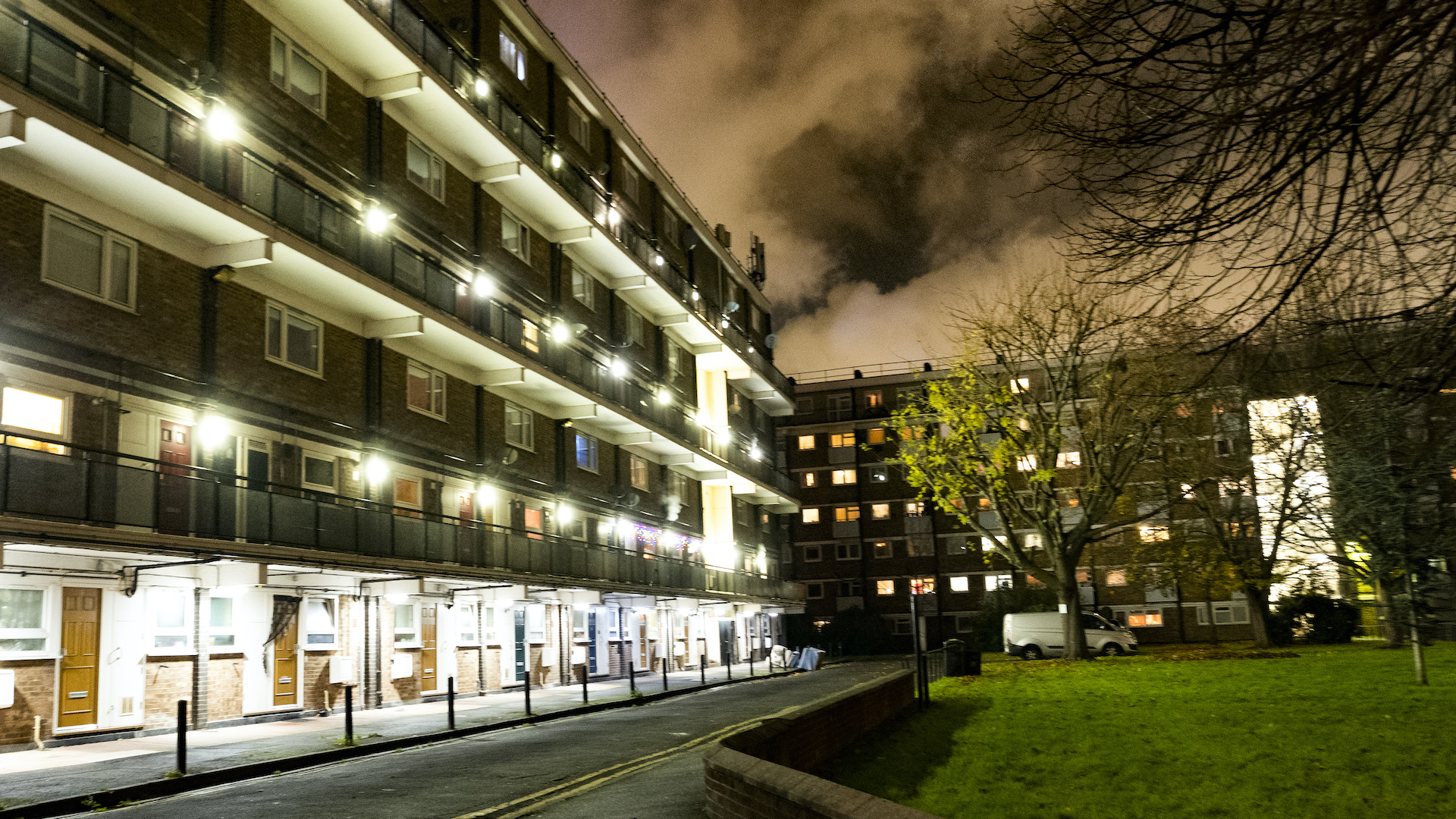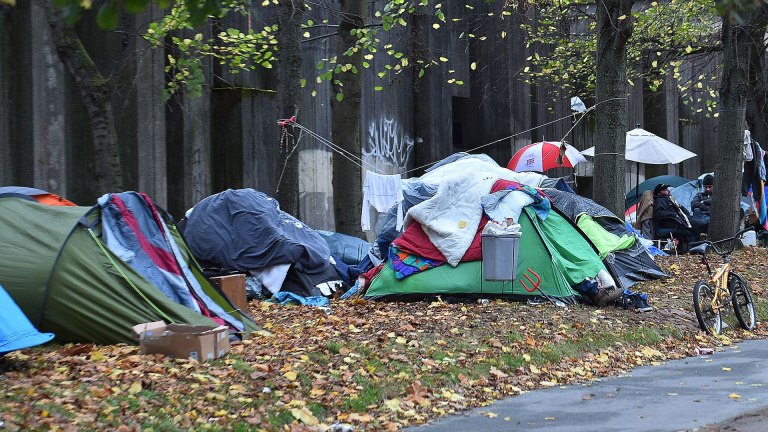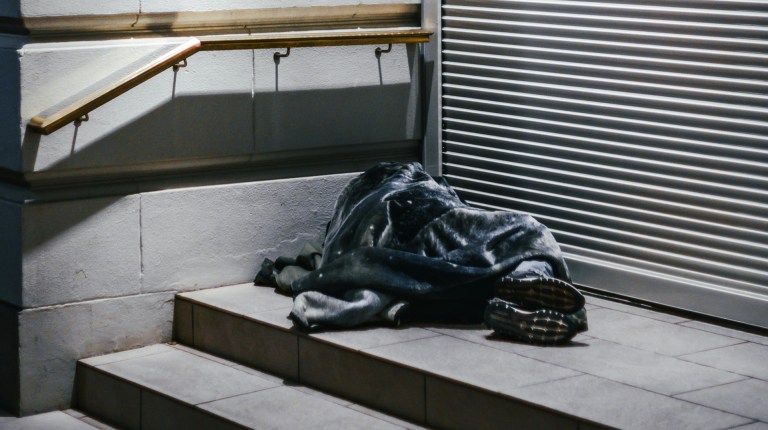- The threat of “unlimited” fines for the worst social housing providers
- Regular inspections for the biggest organisations
- Powers to enforce emergency repairs carried out by regulators and paid for by landlords
- A 250-person residents panel to share experiences with ministers and inform decisions
- A requirement for landlords to name an individual responsible for health and safety
- The ability for tenants to demand information from landlords in a similar manner to freedom of information requests
The new legislation, which was trailed in the Queen’s Speech in May, is part of the government’s “levelling up” agenda to address yawning inequality in the UK which has worsened under Boris Johnson’s premiership.
“We are driving up the standards of social housing and giving residents a voice to make sure they get the homes they deserve,” Gove added. “That is levelling up in action.”
Lord John Bird, crossbench peer and founder of The Big Issue, said: “I’m pleased to hear that the government has committed to introducing legislation through the social housing (regulation) bill to strengthen protections for private renters and the socially rented sector. It is vital for all residents to live in a safe, secure, good quality and affordable home.”
A long-awaited Renters’ Reform Bill was also mentioned in the Queen’s Speech, expected to give private renters greater protections and end section 21 ‘no-fault’ evictions, under which landlords don’t need to give a reason for evicting tenants.
“We have been campaigning tirelessly to scrap no fault evictions, as section 21 is the largest cause of evictions and homelessness,” continued Lord Bird. “Under section 21 a tenant, promptly paying rent and abiding by all conditions of tenancy, can lose their home.
“These protections for renters are a welcome step from the government, and I hope to see further preventative measures put in place to help people, especially those who are already struggling to make ends meet, remain in their homes and not put at risk of homelessness.
“There is still more that can be done to safeguard low-income renters and reduce inequality, so let’s make sure we carry on building on this progress.”
Labour dismissed the proposals as ineffective, however. Lisa Nandy MP, Labour’s shadow levelling up secretary, said: “Five years after the Grenfell tragedy, it should be widely understood that never again can tenants have so little power that they are invisible to decision-makers only a few miles away in Westminster.
“Rating your landlord and allowing a 250 person panel to meet three times a year with ministers is not power.
“The government need to come forward with proper proposals for tenants to take action against cold, damp unsafe homes in both social and private rented sectors. If they won’t, Labour will amend this bill to give real powers to tenants and establish a zero-tolerance approach to homes unfit for human habitation.”






